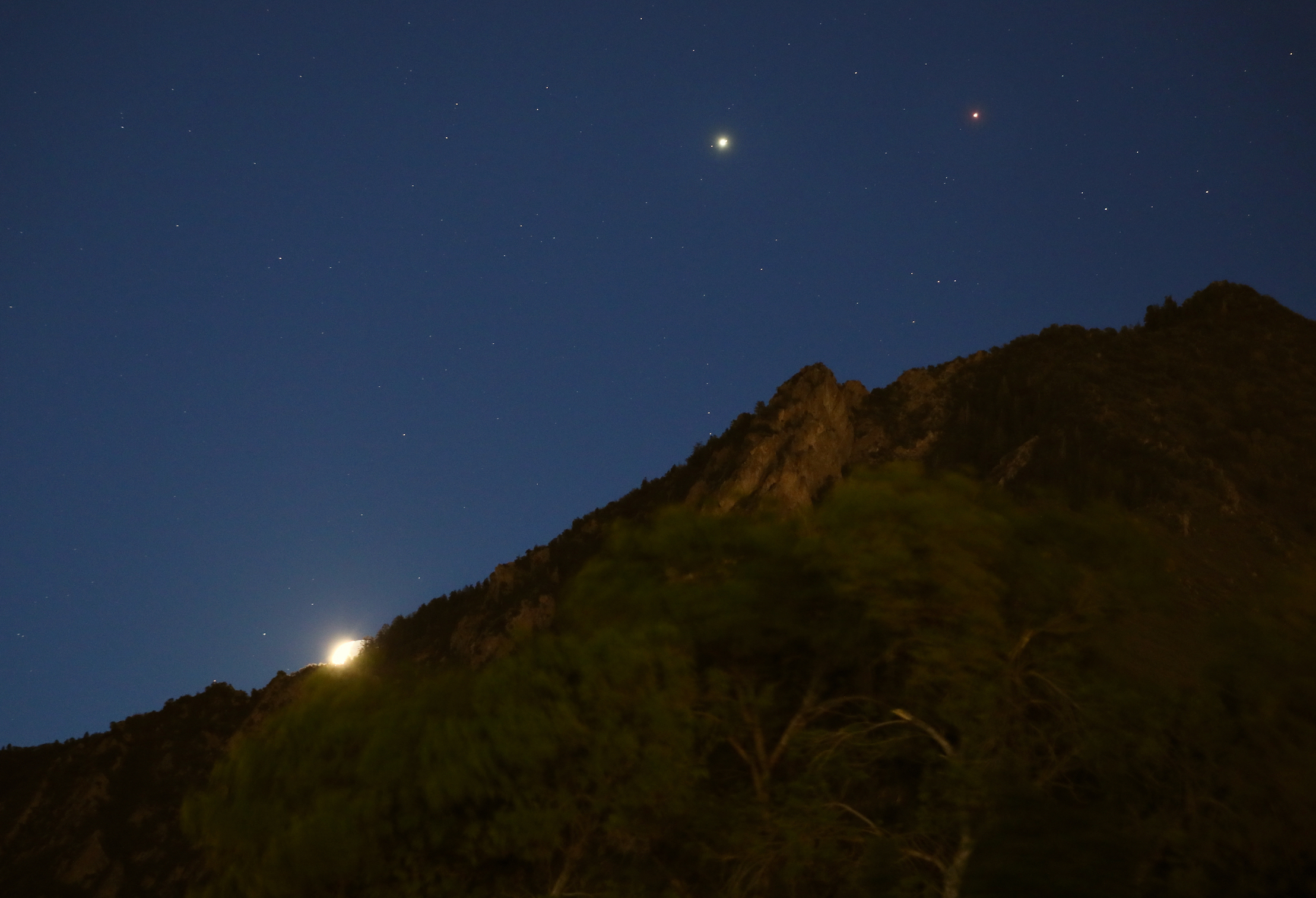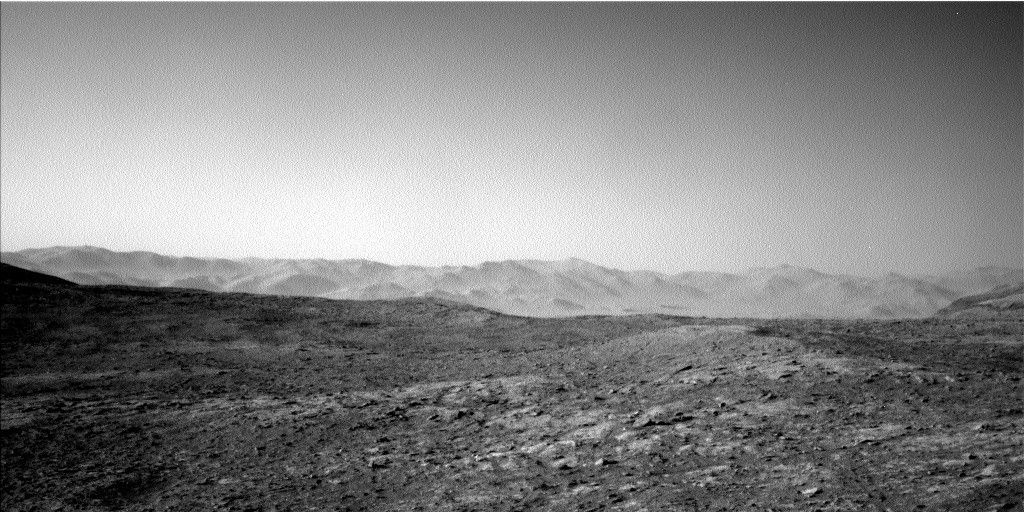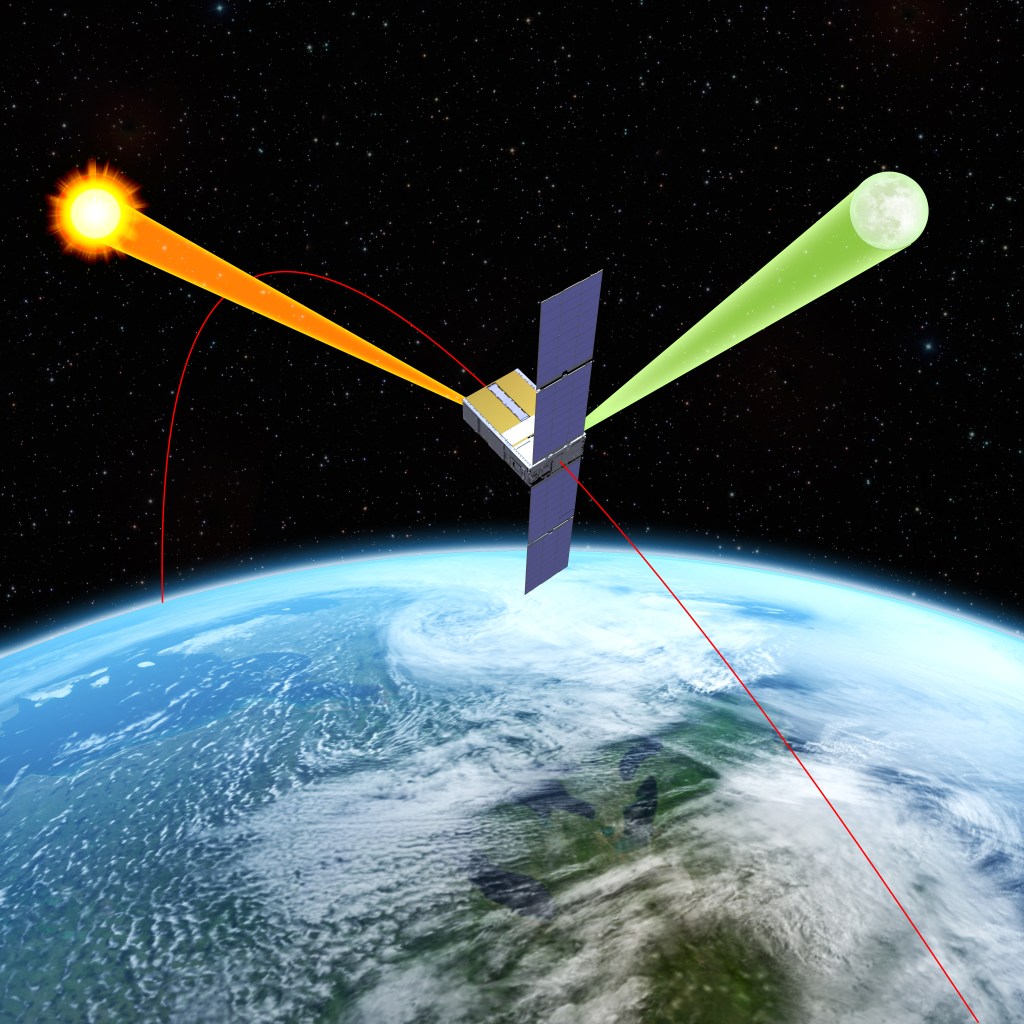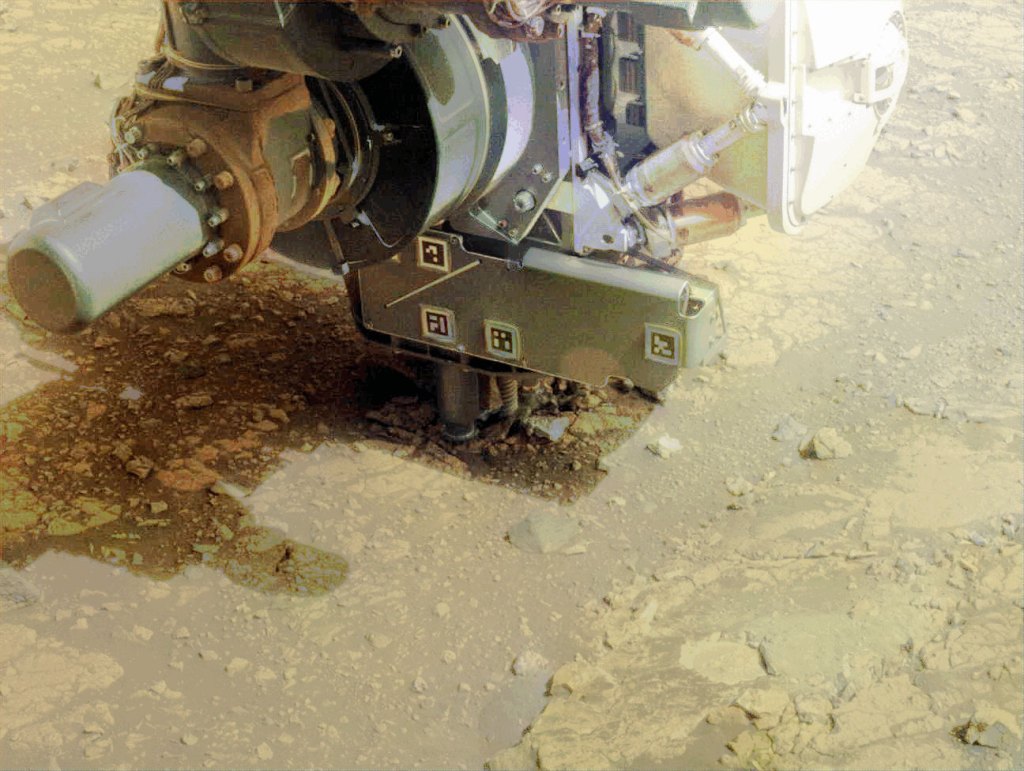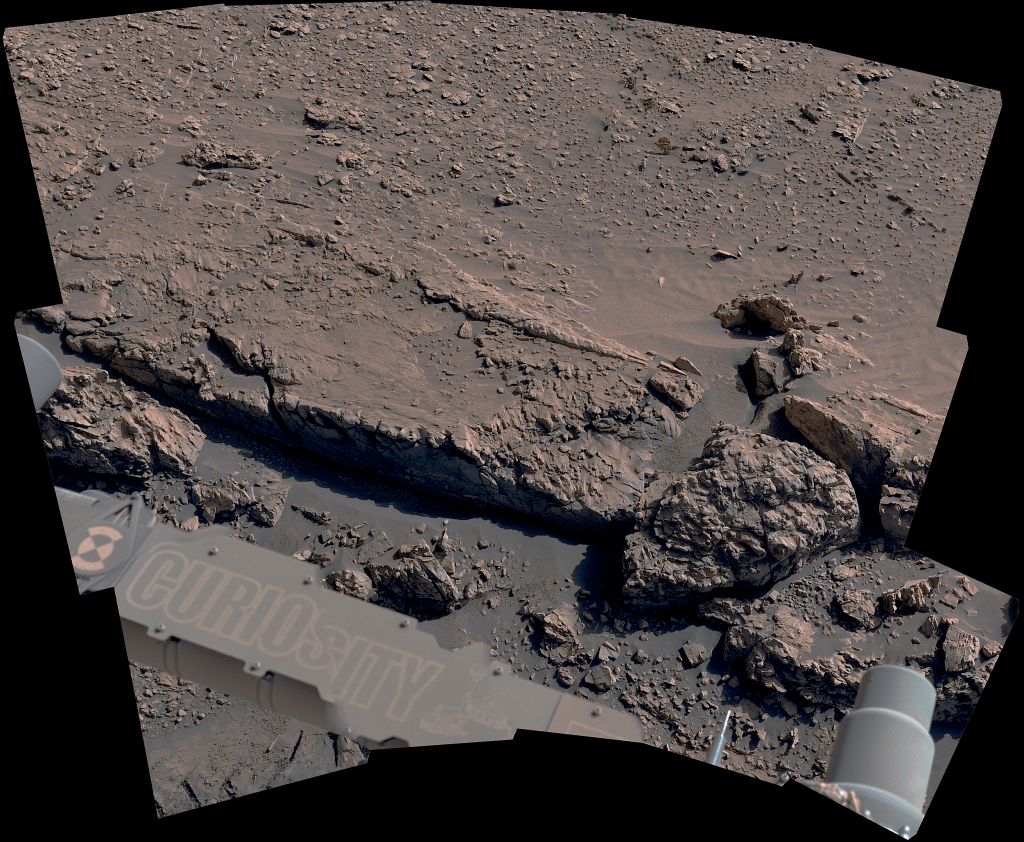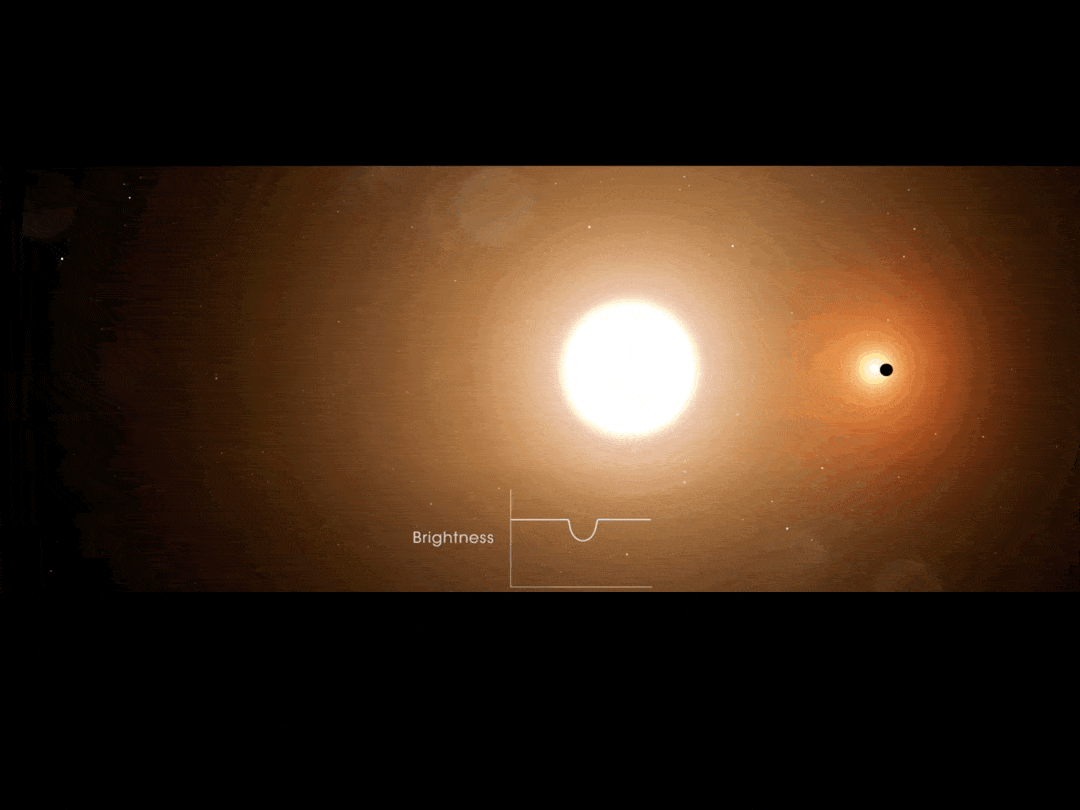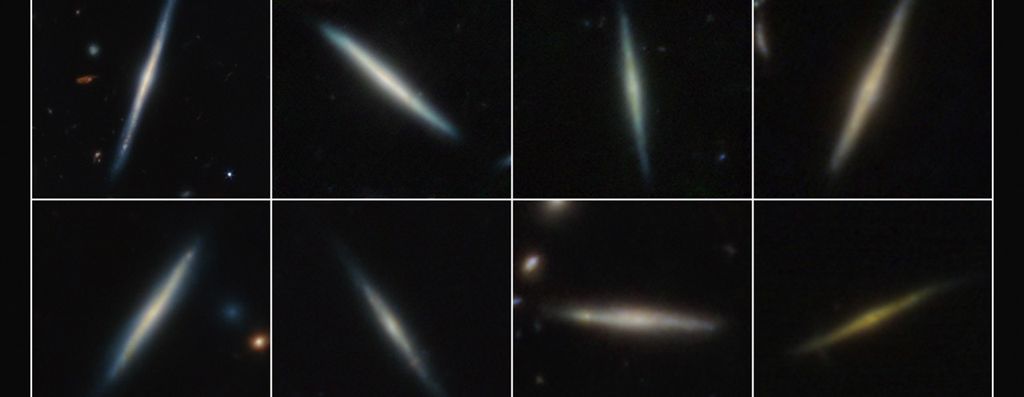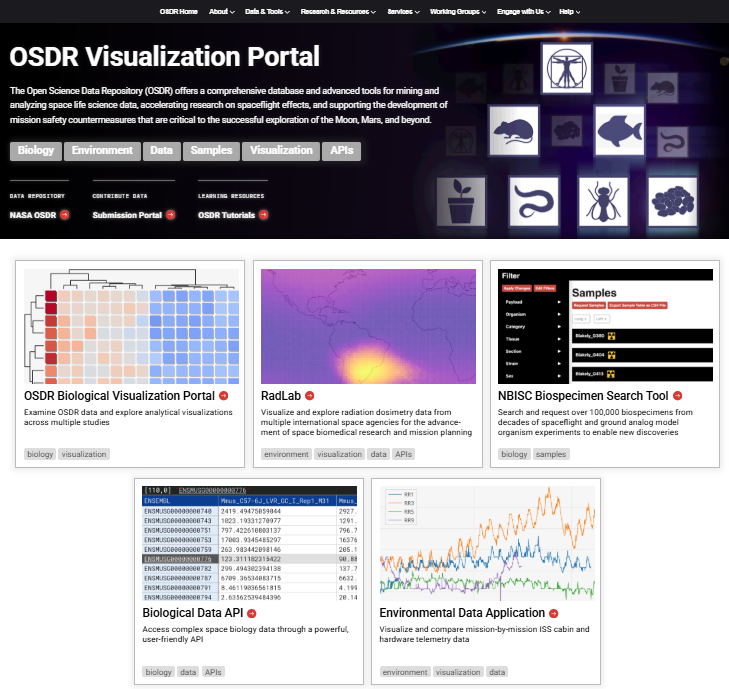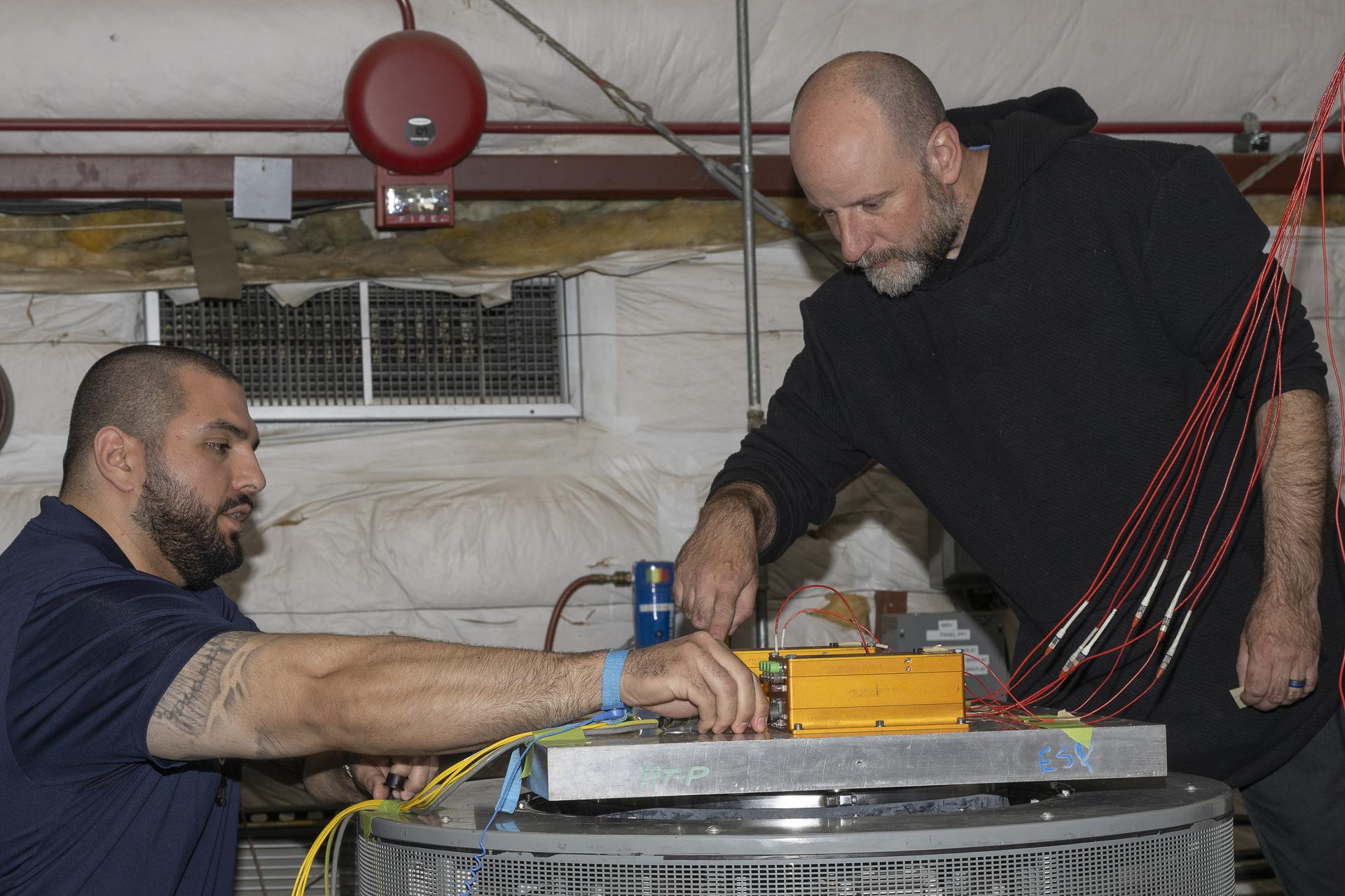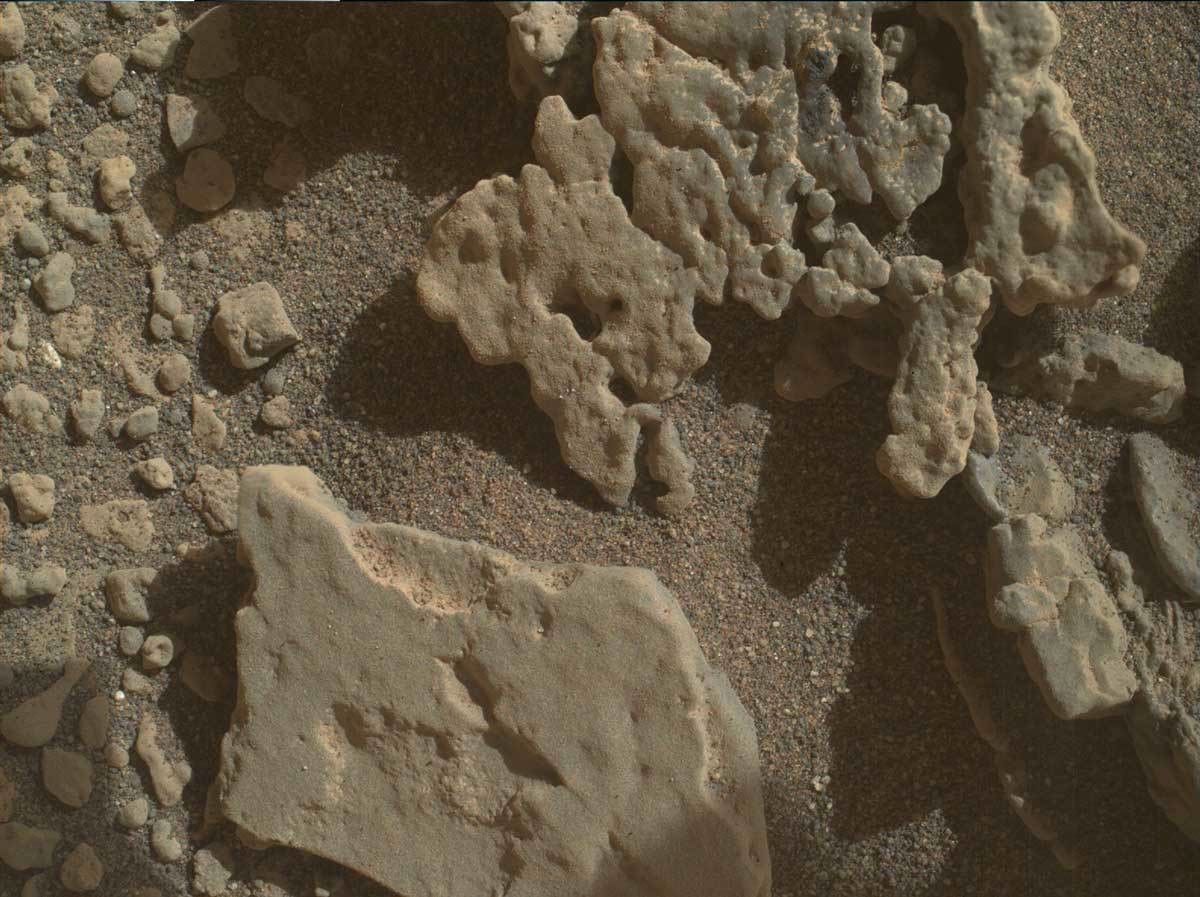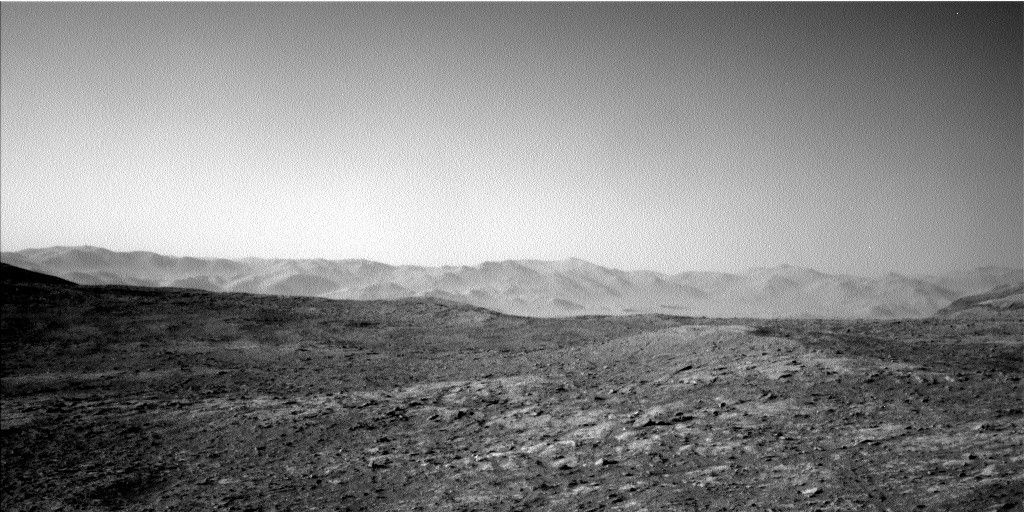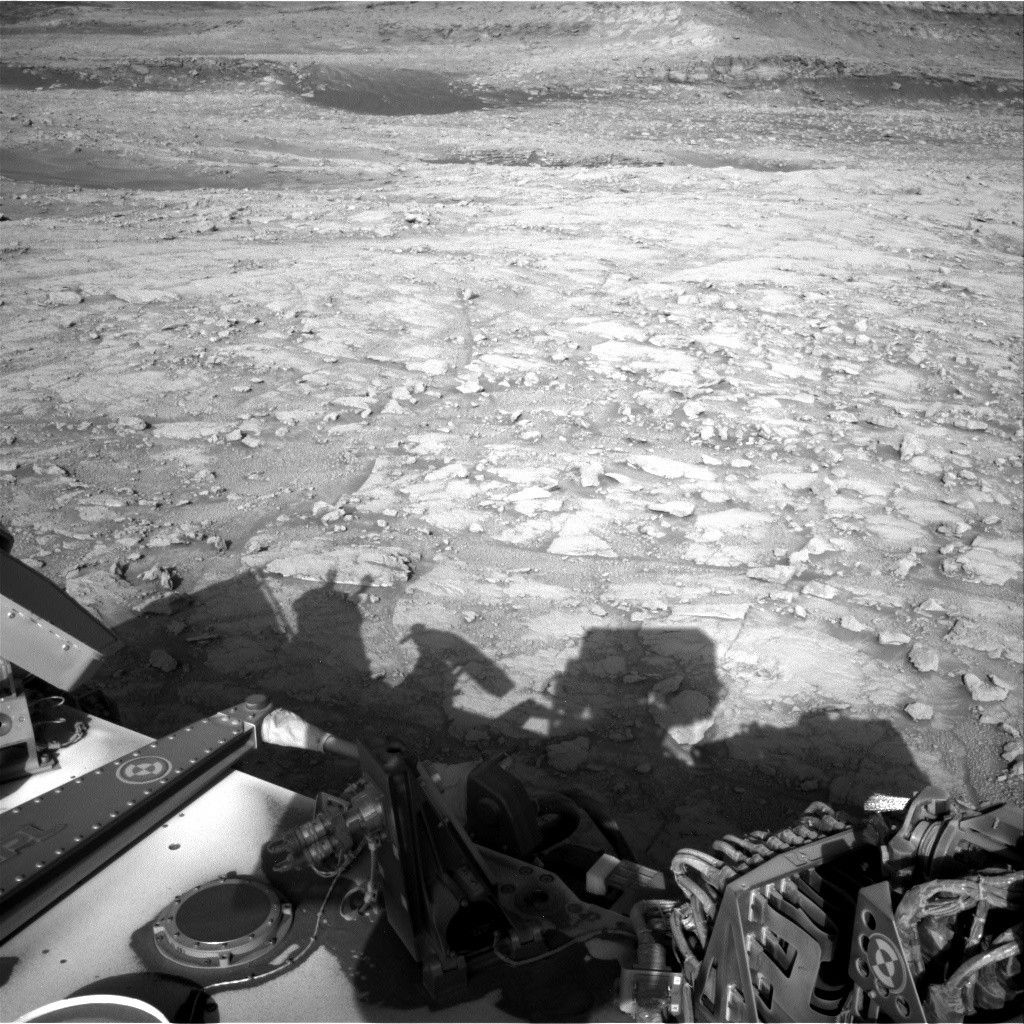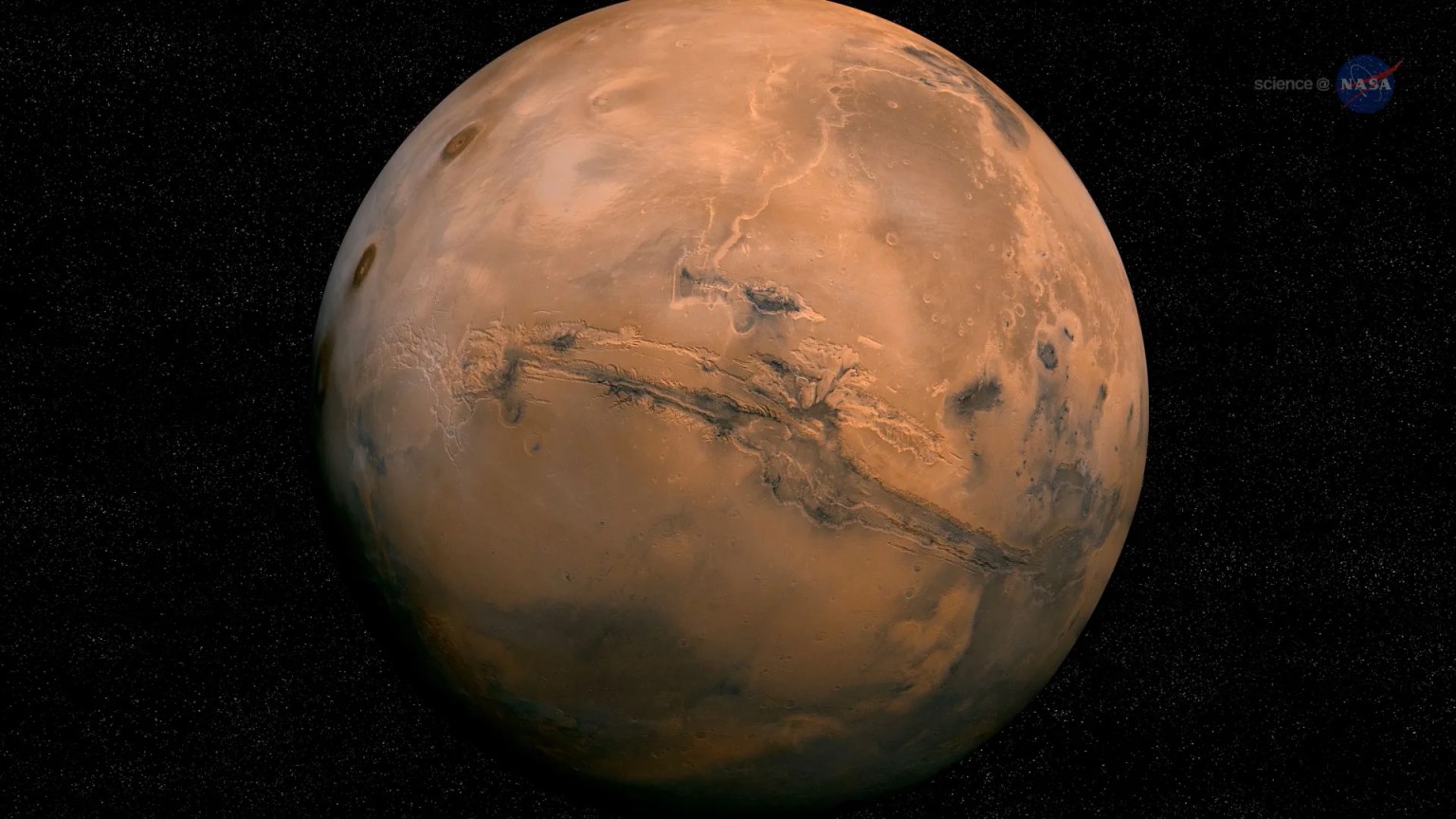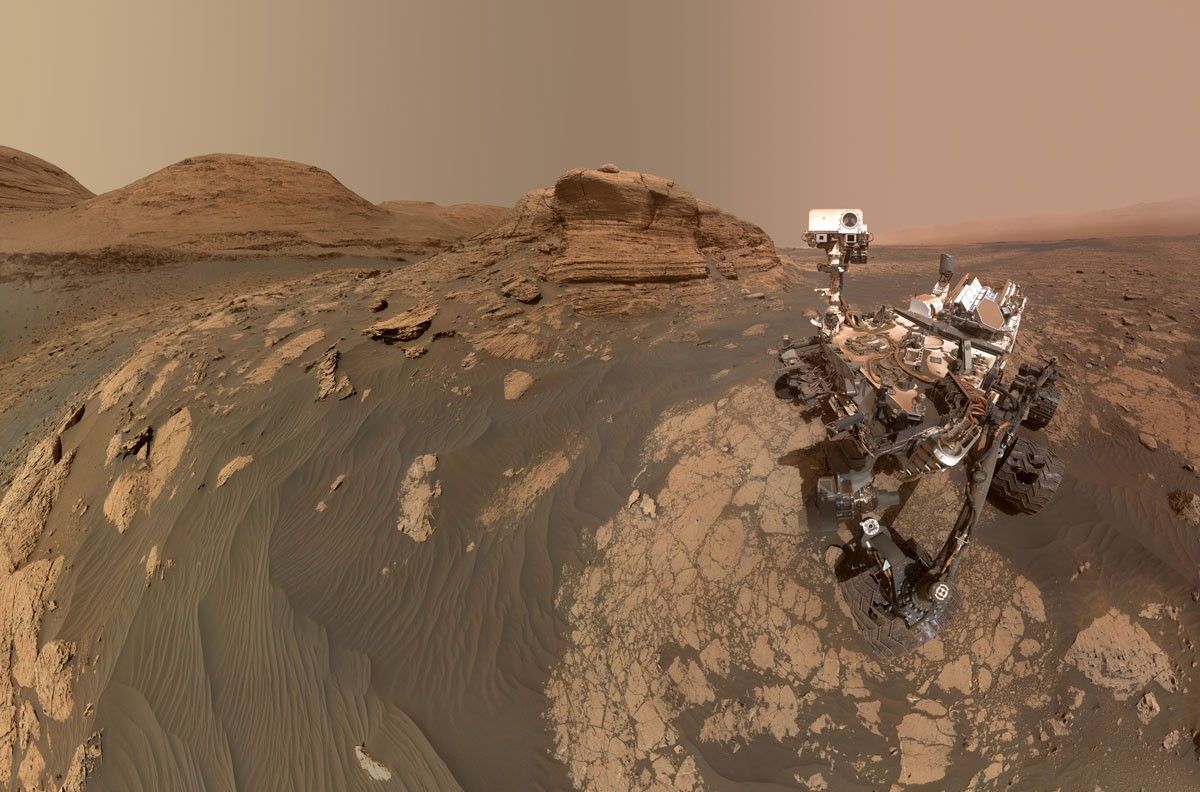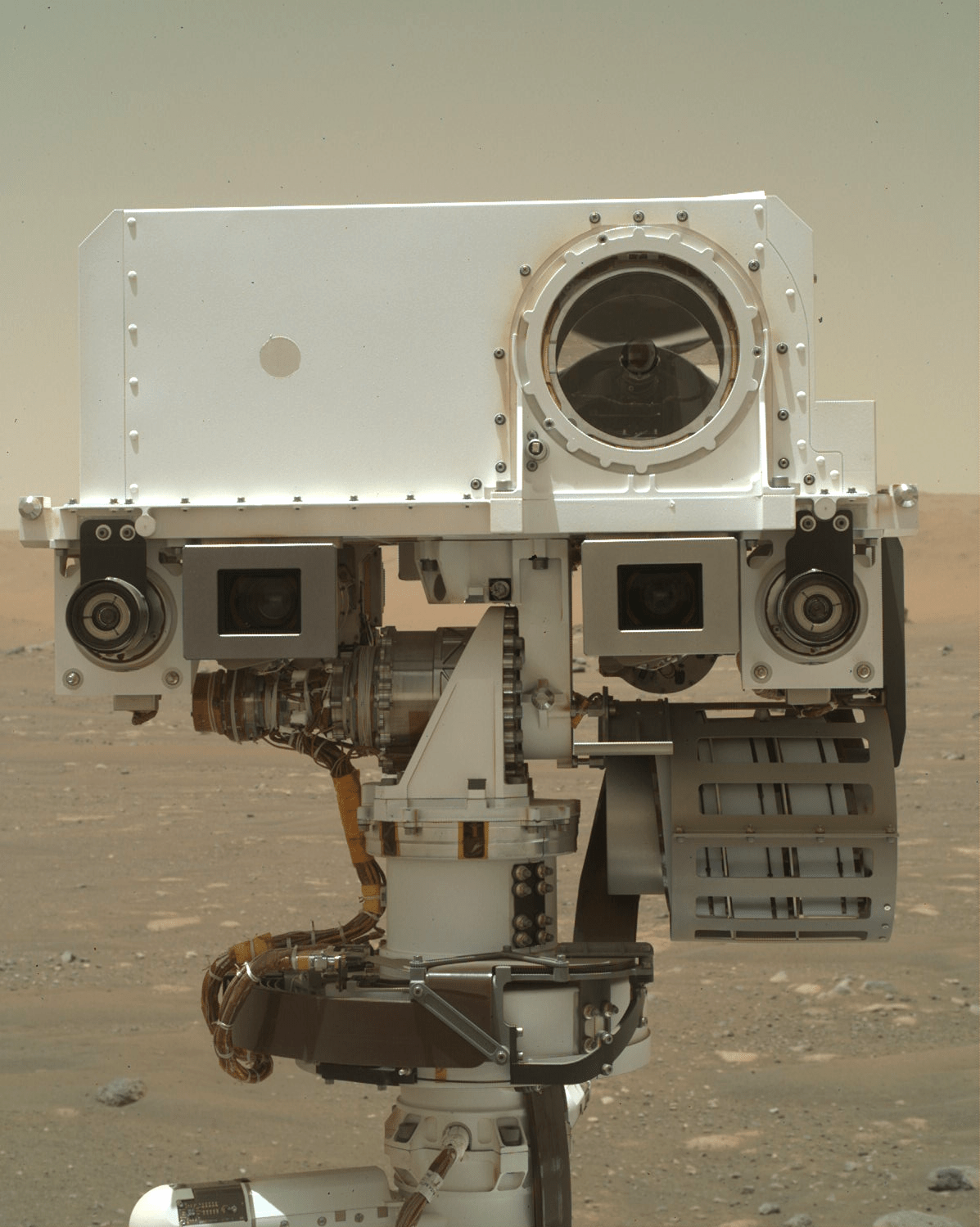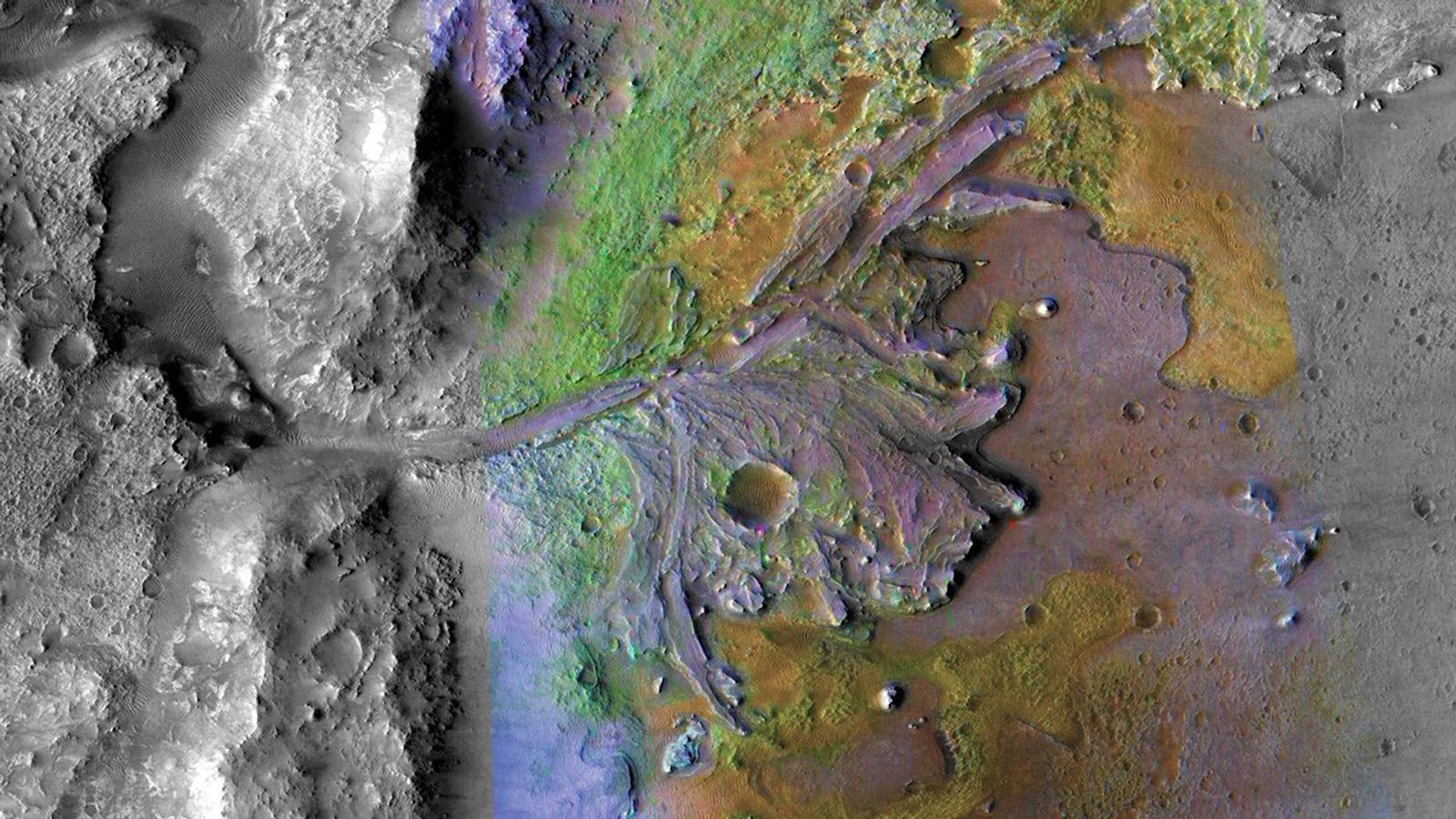The drive up the slope immediately beneath pediment in the sol 2688-2689 plan did not execute for reasons that were well understood and straightforward to resolve in today's plan.
The drive up the slope immediately beneath pediment in the sol 2688-2689 plan did not execute for reasons that were well understood and straightforward to resolve in today's plan. We planned to recover the drive and other activities in our 2-sol weekend plan. We are still at the "Hutton" drill site, and decided to continue characterizing the varied geochemistry of interesting vein systems we have been observing within the bedrock underlying the pediment. APXS was planned on two vein targets, "Dounreay" and "Dunbartonshire," and ChemCam on a different vein, "Glen Cannich," "Glenmoriston" and a depth profile on a previous target, "Glen Rosa." MAHLI will image the two APXS vein targets and Mastcam will image the ChemCam targets.
An early morning science block on Sol 2691 will allow monitoring of the atmosphere with a Navcam zenith movie and sky survey.
The first leg of our drive up the slope towards the pediment will hopefully execute on the second sol of the plan. Post-drive imaging will be acquired to aid in future drive planning and target selection at Curiosity's new location. The drive will be followed by another Navcam zenith movie (pointed in a different direction), as well as a DAN active and ChemCam AEGIS observation. Standard DAN, REMS and RAD activities occur throughout the 2 sols.
The whole team is excited to possibly make it up onto the pediment capping rock to see how similar or different it is from other units previously encountered on the mission, and to hopefully shed more light on the processes that have shaped Gale crater.
Written by Lucy Thompson, Planetary Geologist at University of New Brunswick



